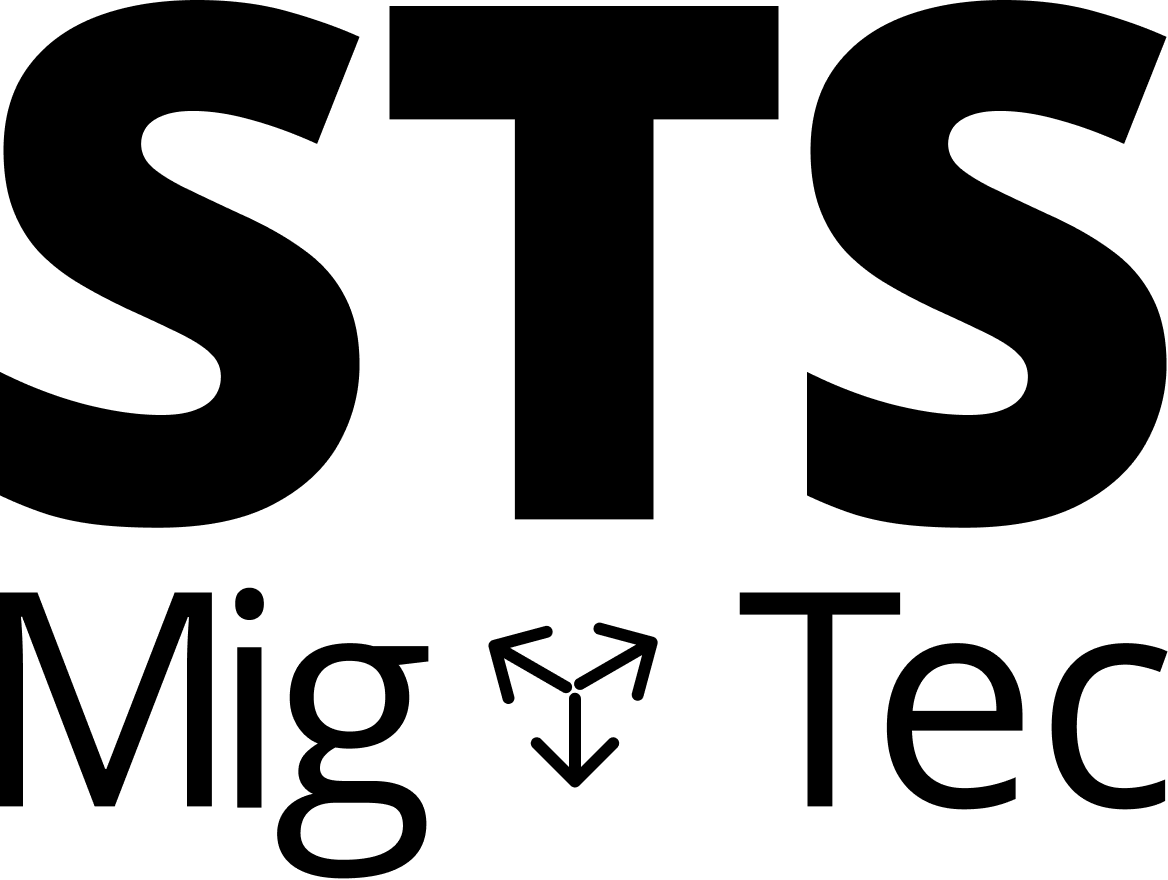Abstract
Numerous new developments are under way to make visible who is travelling to Europe. Such developments concern technologies used to monitor and control mobility and borders in Europe, to make known presumed invisible phenomena of border crossings. Research on technologies of bordering however have a tendency to focus only on the invisibility of people. Less attention has been given to the invisibility of those same infrastructures that allow the informational management of mobility, migration and border.
Yet bringing the infrastructure itself to the foreground is needed, as infrastructure has a major role in how people are not only represented, but enacted. We therefore propose a new method and tool to address the invisibility of digital infrastructures used at the border.
Our focus is on the ontologies, the semantic classifications implemented in the information systems deployed for bordering. The method and tool allow us to compare how migrants are enacted by different authorities in different countries, including European authorities, and were assessed against some criteria drawn from the literature on (data) infrastructures.
This research is part the research project Processing Citizenship.
Ontology Explorer: A method to analyse data models for identifying and registering border crossers
Wouter van Rossem (Department of Science, Technology and Policy Studies (STePS), University of Twente) & Annalisa Pelizza (Department of Philosophy and Communication, University of Bologna)
About the event series
STS-MIGTEC Circle is a small format which serves to reflect jointly on work-in-progress contributions related to the themes of interest to STS MIGTEC. The idea is to create a safe space for probing and experimenting with ideas, arguments, attempts of analysis, sense-making of empirical material. It’s the right space for you if you already invested substantial energy and dedication into that work, but you still feel the piece to be raw and fragile. We invite individual scholars – of all career stages – to take other interested scholars on board to jointly reflect and discuss with care and constructive feedback.
